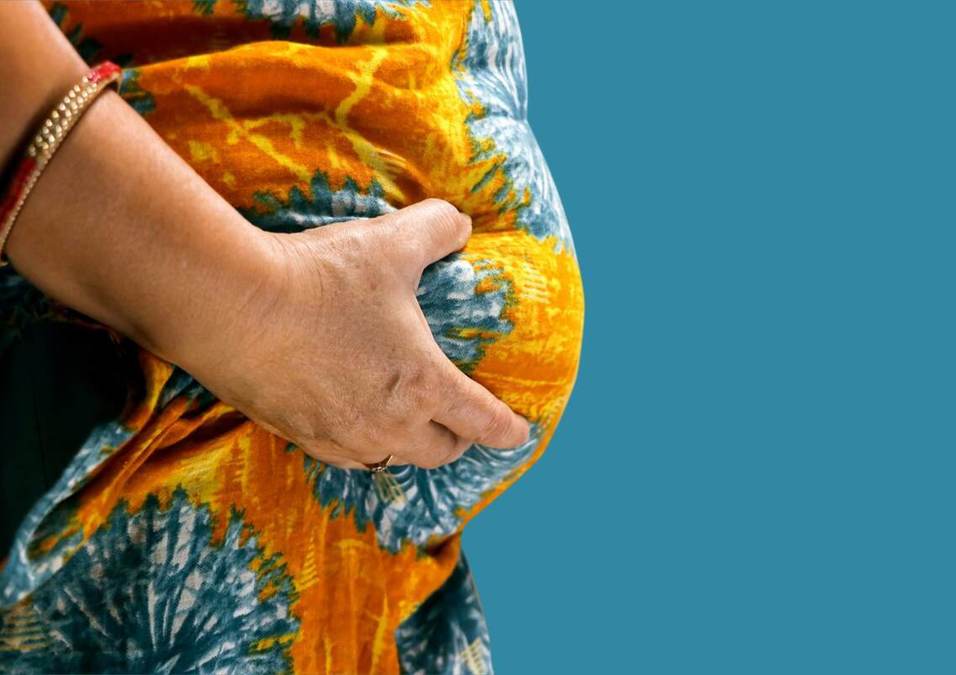Middle Eastern Women at Risk

SIGN UP FOR YOUR FREE DAY PASS TODAY!
A recent study reveals that overweight women in the Middle East face a greater risk of developing hypertension, Type 2 diabetes, and heart disease compared to their counterparts with lower body mass indices.
The research indicates that over half (54.2%) of the women in this region are classified as obese.
These women exhibit a higher prevalence of conditions such as hypertension, diabetes, high blood pressure during pregnancy, and sustained weight gain after childbirth compared to those with a normal BMI.
Additionally, they tend to be older and have lower educational attainment.
Dr. Mohammad Adnan Bani Baker from Prince Hamza Hospital in Amman, Jordan, emphasized that this group is frequently overlooked in global research, despite the prevalent issues of obesity and cardiovascular diseases in the region.
He was motivated to study this topic due to the worrying increase in these health problems among Middle Eastern women, which presents a major public health concern.
The researchers analyzed data from 626 participants aged between 18 and 50, who had undergone evaluations by healthcare professionals, including medical residents and students.
The average age of the participants was nearly 43.
To mitigate health risks, Dr. Baker suggested implementing lifestyle modification programs promoting healthy eating and exercise, tailored to Middle Eastern cultural preferences.
He also stressed the need for public health campaigns aimed at early detection and treatment of hypertension and diabetes, particularly in young women, highlighting the crucial role of weight management.
Support should be provided during cardiovascular screenings to assist women from lower educational and income backgrounds in overcoming obstacles to healthcare access.
Dr. Baker noted, “Preventive strategies tailored to gender-specific factors are crucial for achieving global cardiovascular health goals.
Our findings aid healthcare providers in developing early prevention programs and raising awareness about the importance of weight management.”
In the Middle East, heart disease occurs about a decade earlier than in other regions, affecting many individuals in their 30s and 40s, as reported by UAE doctors.
This situation is exacerbated by unhealthy lifestyle choices, including poor diet and insufficient exercise and sleep.
Cardiovascular disease is the leading cause of death globally and in the UAE, where it accounts for 36% of deaths, compared to 23.5% in the US.
Source: thenationalnews
The opinions shared in the GymNation blog articles are solely those of the respective authors and may not represent the perspectives of GymNation or any member of the GymNation team.
GET YOUR FREE TRIAL TODAY
















































































